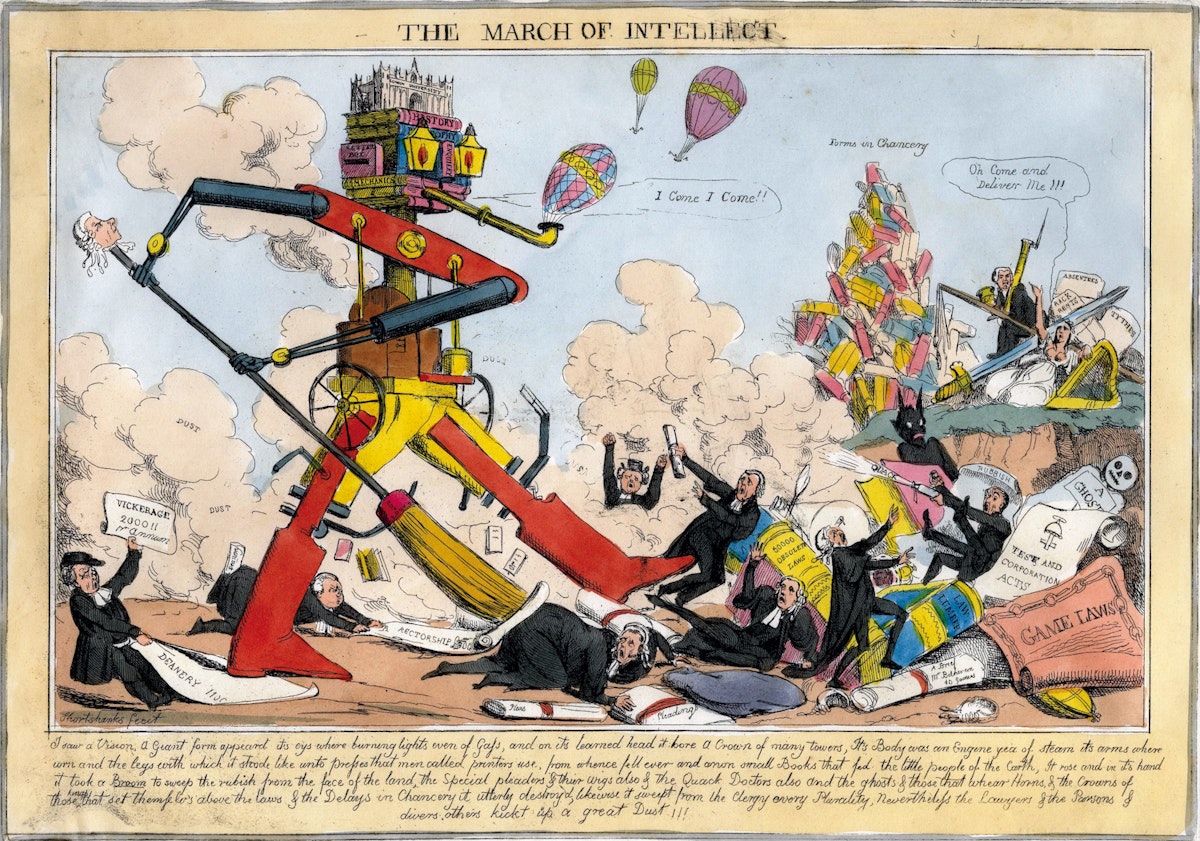Hey hey,
While summer is having a roaring comeback here in Berlin, I’m mostly heads-down. I got a busy rest of the year ahead (which is good, of course) and just occasionally surface to start looking ahead at capacity planning for the first half of 2024.
The other day I noticed just how many 25th anniversaries there are in the tech world this year. Among the big ones, like Mozilla and Google; and the more local ones, too, like Netzpiloten and Politik Digital. Which in my mind are all connected not just because they were founded in the magical year 1998, start of the DotCom boom proper, but also because I happen to have worked with and for all of them at some point or another. Not that early, though, but rather 2005 or so onwards. Be that as it may, congratulations are in order (even though there’s one among the list I wouldn’t choose to work for anymore nowadays).
I’m not nostalgic for that time, but I distinctly remember it. It felt exciting and fresh, the way the (then so-called) New Economy would upend traditional power and workplace dynamics, would create a new and better economy. I also remember watching this from afar as an 18 year old living in the periphery, a small Black Forest town, where the internet connection was so slow that I could barely participate in the very thing that would nominally render geography meaningless. If you’re of a certain age bracket, your memory might involuntarily auto-complete the dial-up noise of an old 56K modem at this point.
Anyway, 25 years is a long time in this space. I got more into this for real around 2005, writing my masters thesis about the role of weblogs for political journalism, and doing research for a study on success factors of Web 2.0 services (which would later be called Social Media). There was a Cambrian explosion of experiments out there and very little money, which made the 2005-2008 area an incredible time for this kind of stuff. Out of the hundreds I researched at the time, only a handful made it. The most useless-looking one at the time was called Twitter, and boy oh boy did I get that one wrong at the time. But even that’s pretty much gone now.
But enough with the ancient history. It feels we’re arriving at a new chapter: Today, Social Media is bigger than ever, and yet if feels like it passed its peak and is about to come crashing down pretty hard. In what ways I don’t dare to predict, and I might be totally wrong — after all I cannot imagine a world without social media, but at the same time I cannot imagine things to continue on the trajectory we’ve watched over the last 5 years for the reasons I also quoted here over on my blog, many of which have to do with social media platforms being such an attractive vector for dis/misinfo and election influence campaigns, which gets them into the unpleasantly hot waters of geopolitics and national security.
So, what’s next?
<>
What even is LinkedIn these days?
Speaking of the socials. I’ve been leaving Twitter, which I consider a process rather than a clear point in time (ahem), and have found that the Twitter clones Bluesky and Mastodon — don’t @ me! — have not been filling that particular void for me. Strangely enough, and I say this with a certain amount of shame and a good dollop of cringe, LinkedIn has been surprisingly good to get feedback on stuff. LinkedIn!
Part of that seems to be that more people are active on there. Part of it, though, seems to be because LinkedIn has morphed this way and that for so long that it’s become kind of a Facebook, almost? I’m not sure I mean that as a compliment. In fact, I’m not sure what to think about LinkedIn at all. What even is LinkedIn these days? What does it try to be? If someone at LinkedIn happens to read this, please hit reply and let me know? Something is working, but/and also I’m not sure if it’s by design or accidentally. Anyway, Twitter methadone.
<>
AI-Human Hybrid Creativity
I’m not a huge fan of AI-generated art (or AI-generated LinkedIn posts for that matter). That said, I’m also not one of the fundamentalists that say that anything involving AI cannot be art, an argument that seems like it was resolved by the 1910s and Marcel Duchamp’s readymades.
But the aspect I’m personally most interested in is the centaur model where AI and human input are combined. I do appreciate how not just in art but other areas it’s quite possible to let generative AI lay the groundwork for human creativity. I think of it as automating away some of the boring, non-creative stuff before getting to work. The chores. Freeing up some time and capacity for human creators to ply their trade.
And so I’ve been playing with GPT-4 via ChatGPT to have stuff drafted and re-drafted, to complete basic “research” tasks (like gathering or summarizing information) and to see what works well and what doesn’t. For me and my work, it’s always good to have some first hand experience rather than just reading the reports, to get a better feeling for the thing itself. Even in tech and policy, it’s not just about the hard facts. Vibes matter, even there. And if we want to figure out how we want AI to be part of our lives (and how we don’t), this seems relevant. I highly encourage you to try it out occasionally. The stakes are low, it’s accessible, get a feel for what’s out there and how it’s presented.
<>
Quick recommendations
Been revisiting Seeing Like a State by James C. Scott, which always seems to be relevant, not least in the new context of machine learning.
I’ve been really enjoying Katie Harbarth’s newsletter. Harbarth being both Republican and a former Facebook Policy Director I don’t share her politics, but her newsletter and analysis around tech policy are both top notch and I highly recommend subscribing
Superflux is one of my all-time favorite design and research studios (if that title even still applies). I’ve had the absolute joy to host co-founder Anab Jain at conferences I curated and always — always! — came away feeling smarter and better after listening to her. Which is just a long, ambling preamble to say that Superflux has a new project out that looks neat: The Ecological Intelligence Agency. Few organizations out there explore futures through narratives as rich and vivid as Superflux, and it’s always worth the time to dig in. Enjoy!
<>
What else is going on?
My work with Stiftung Mercator‘s Digital Society program, the European AI & Society Fundand Sovereign Tech Fund is ongoing. I also recently started working with Civitates, a philanthropic initiative defending democracy and civic space Europe, on the impact of tech on democracy.
There are two more experimental early stage projects I’m working on that may or may not ever see the light of day. I’ll share more if/when I’m ready.
On that note, I wish you a great week and talk soon.
P.
<>
Note: This is cross-posted from my newsletter in an attempt to both to make it easier to read this via RSS feed and to have this in my own independent archives. You can subscribe here to get it delivered to your inbox.




